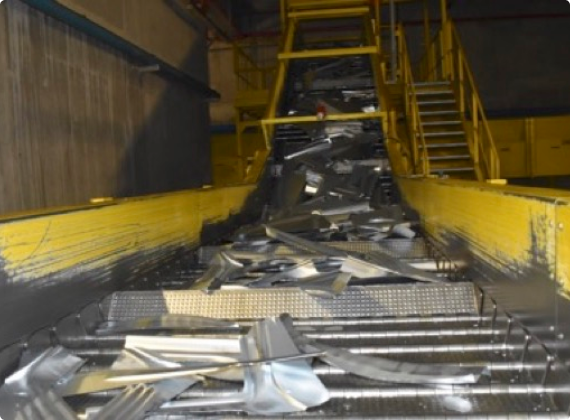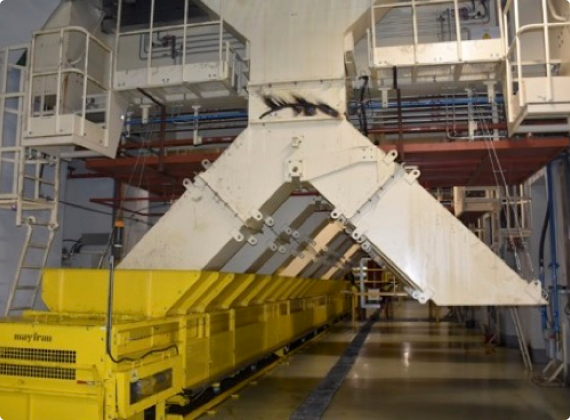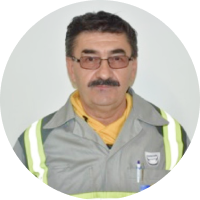Customer case
The Dacia industrial platform in Mioveni
The collaboration between the Renault Group in Romania and Boone Comenor Metalimpex started more than 20 years ago, in 2001, with activities on the Dacia platform in Mioveni.

A long-standing collaboration
From 2002 to today, the collaboration has continued within the framework of the scrap metal compacting activity resulting from the part stamping process and from the ferrous scrap recovery of the Stamping Department at the Dacia Automotive plant.
Since 2003, the collaboration was extended to the non-ferrous scrap recovery.
In 2011, the collaboration between Renault Technologie Roumanie (RTR) with recovery services for ferrous and non-ferrous scrap.
Between 2006 and 2008, Metalimpex invested for 2 million euros with the purchase of 2 compacting presses and 2 mobile bridges for transferring the scrap bales.
Type of scraps recovered include: Sheet metal, stainless steel, brass-bronze, cast iron, aluminium, copper, copper and aluminium conductors, scrap metal (steel, cast iron, aluminium).

A relationship based on trust

There are currently 24 Metalimpex staff members working for Automobile Dacia SA and RTR.
Thanks to its collaboration with Automobile Dacia SA, Metalimpex has, as time has gone on, extended its partnerships with most of Dacia’s ferrous and non-ferrous parts suppliers.
The scraps are regularly evacuated to avoid stocks accumulation at the platform. Regarding the ferrous and non-ferrous metallic scraps, we have worked for more than 20 years with Metalimpex. These type of scraps, resulting from the industrial activity, are recovered by Metalimpex at specifically designed places with a well-defined frequency.
The benefits of this collaboration with Metalimpex – a partner specialized in the recovery of scraps – are visible non only for Dacia but also for the community. The recycling activity creates less emissions that the management of landfills.
At the same time, scraps become raw materials again and are reintegrated in the economic circuit, thus respecting the principal of circular economy.

We currently have 15 collection points set up near the manufacturing workshops.
On average, 30 transports are made each day to dispose of the waste.
The process is rigorously conducted as any deviation from the plan could have a negative impact, or even stop production at the Stamping Department.
